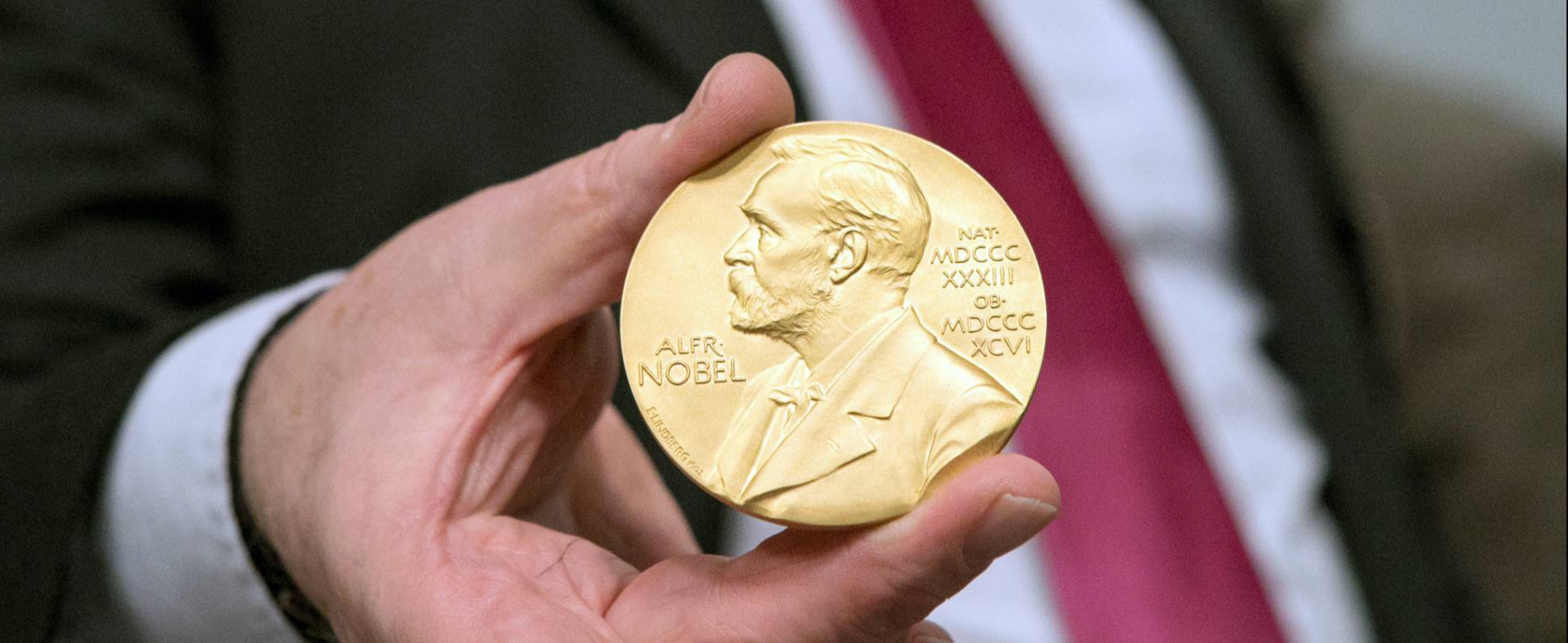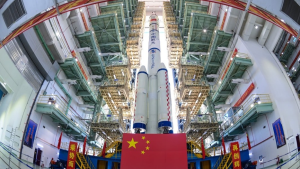Time to Retire the Nobel Prize?

The recent awarding of the Nobel Prize in Physics and Chemistry to researchers in artificial intelligence has sparked a heated debate in scientific circles, especially in physics. While their work is undoubtedly groundbreaking, many argue that it strays too far from traditional physics.

Nobel Prize is certainly no stranger to such controversy. A few years back, in 2020, the Nobel Prize in Chemistry was awarded to biologists for their work on CRISPR, which is primarily used in life science instead of chemistry.
These controversies highlight a growing issue: in their current form, the Nobel Prizes may no longer sufficiently recognize the full scope of modern scientific achievement. A key reason is the blending of traditional disciplinary boundaries that has come to define many impactful advances today.
No longer confined to distinct silos, today’s groundbreaking work often occurs at the intersection of multiple fields. From biophysics to computational chemistry, interdisciplinary research is becoming the norm rather than the exception.
This shift presents a challenge for awards like the Nobel Prize, which were established to recognize achievements in specific scientific domains. The physics and chemistry prizes increasingly honor work that could be classified as engineering or computer science. Meanwhile, the medicine and physiology prize often rewards basic life science research or tool development rather than direct medical breakthroughs.
This misalignment isn’t just a matter of categorization – it reflects a deeper issue. Our understanding of the world and the nature of scientific inquiry itself are changing. Complex problems like climate change, artificial intelligence, and disease prevention require collaborative approaches that transcend traditional disciplinary boundaries.
This is particularly evident in the rapid advances of artificial intelligence, where progress relies on a convergence of computer science, mathematics, neuroscience, and even philosophy.
Consider the development of deep learning algorithms, which draw inspiration from our understanding of neural networks in the brain. Neuroscientists provide insights into cognitive processes, which computer scientists then translate into computational models. This interdisciplinary approach has led to breakthroughs in image recognition, natural language processing, decision-making systems and above all, the artificial neural network that has brought Nobel Prize to this year’s AI researcher Geoffrey Hinton. These technologies are revolutionizing industries from healthcare to finance.
Similarly, the field of robotics exemplifies the need for interdisciplinary collaboration. Creating advanced robots requires expertise in mechanical engineering, computer science, materials science, and increasingly, biology for bio-inspired designs. The development of soft robotics, for instance, combines insights from octopus physiology with cutting-edge materials science to create flexible, adaptable machines.
The semiconductor industry, too, has become a melting pot of disciplines. As we approach the physical limits of silicon-based chips, advances now rely on quantum physics, materials science, and nanotechnology. The race for quantum computing further blurs these lines, combining theoretical physics with engineering and computer science in ways that challenge traditional categorizations.
So, how do we recognize scientific achievement in this new era? Perhaps it’s time for a new prize that embraces the interdisciplinary nature of modern research. An “Intelligence Prize,” for instance, could encompass fields ranging from AI and neuroscience to quantum computing, robotics and smart materials. This would acknowledge that some of the most impactful work today happens at the convergence of multiple disciplines.
Creating such a prize would serve multiple purposes. It would provide due recognition to interdisciplinary research, encouraging further collaboration across fields. It would also alleviate the pressure on existing Nobel Prizes to stretch their definitions, allowing them to refocus on fundamental discoveries within their original domains.
Moreover, an Intelligence Prize could help steer scientific attention and resources towards crucial emerging areas. As we grapple with challenges like artificial general intelligence and brain-computer interfaces, having a dedicated prize for intelligence-related research could catalyze progress in these fields.
Of course, establishing a new prize of Nobel-caliber prestige is no small feat. It would require prestigious scientific institutions, significant funding, a rigorous selection process, and time to build recognition. However, the potential benefits – a more accurate representation of modern scientific achievement and increased focus on interdisciplinary research – make it a worthy endeavor.
As we celebrate this year’s Nobel laureates, let’s also consider how we can better honor the full spectrum of scientific progress in the future. An Intelligence Prize could be the smart move we need to bring our highest scientific honors into the interdisciplinary age, ensuring that the transformative research receives the recognition it deserves, regardless of where it falls on the traditional disciplinary map. It also will preserve the physics and chemistry prize for those work in traditional fields. By doing so, we can foster a scientific ecosystem that truly reflects the interconnected nature of modern innovation and discovery while also honoring the scientists whose works are of great significance to our society but fall outside of the spotlight of public attention and considered less trendy or “sexy”.
Editor: Zhongxiaowen



